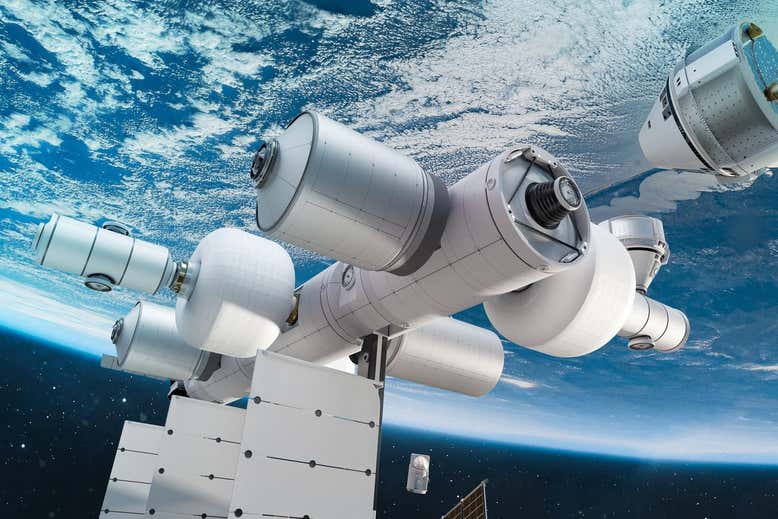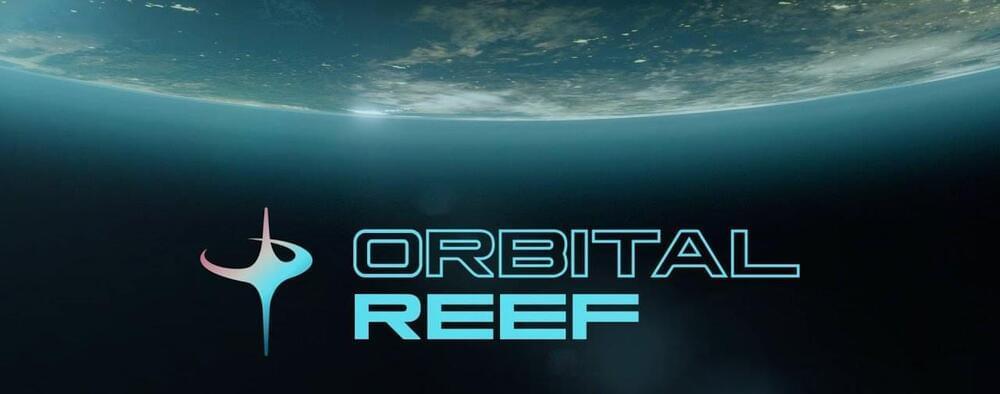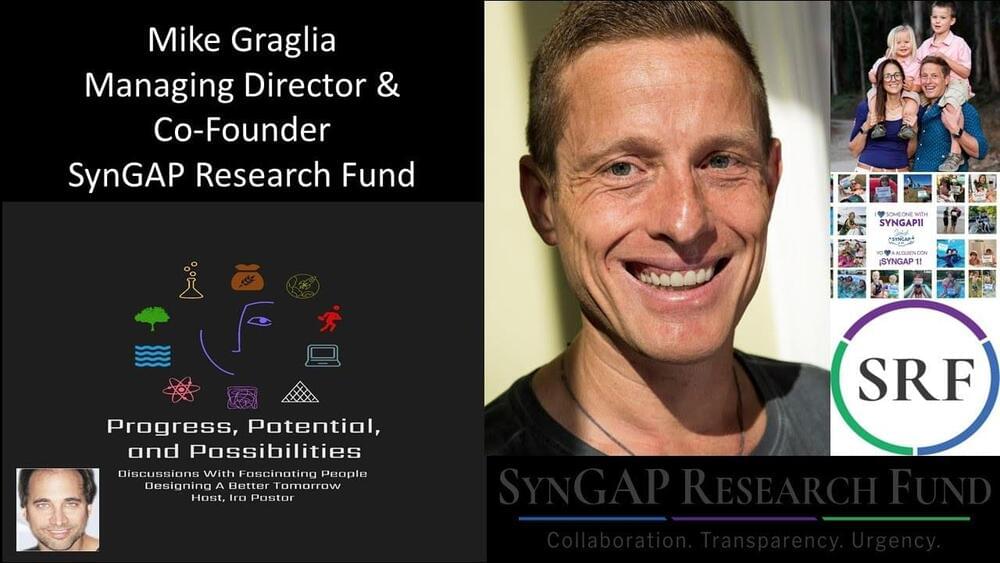As tech titans invest in the quest to extend our lives, Anjana Ahuja asks if longer lifespans are at last possible — and at what cost.



So would the private station be a viable replacement for the ISS? The ageing station, which is a partnership between the US, Russia and other nations, is only funded until 2,024 with a 2028 extension looking probable, but it cannot last forever.
Blue Origin says its space station will be fully operational in the late 2020s, but deadline slippage is common when it comes to huge space-related projects like this one. “They can dream of being fully operational in the late 2020s, but in the space sector they often aim for aspirational targets and if they miss it by a year or two or three then they at least have something they’re aiming for until then,” says space analyst Laura Forczyk. “It’s almost inevitable that things take longer and are more expensive than planned.”
Full Story:
Blue Origin, the space-flight firm owned by Amazon founder Jeff Bezos, is planning to build a space station – with the hopes that it could replace the International Space Station (ISS), which is reaching the end of its life.
The Orbital Reef space station, which Blue Origin is developing in partnership with other space firms including Sierra Space and Boeing, is intended to be a multipurpose destination in orbit, where different companies and governments could pay to send their own astronauts and experiments, and space tourists could visit, says the firm. The station is proposed to be slightly smaller than the ISS, with capacity to house 10 astronauts – the ISS generally carries seven crew members, but it has had as many as 13 at a time.
“We will expand access, lower the cost, and provide all the services and amenities needed to normalize space flight,” said Blue Origin’s Brent Sherwood in a statement. “A vibrant business ecosystem will grow in low Earth orbit, generating new discoveries, new products, new entertainments, and global awareness.”

The final humorous argument I have is if one example is really a robot. Aylett and Vargas describe a “robot” as a humanoid machine that doesn’t manipulate anything. It just provides information at a shopping center. How does that fit into their own definition of a robot? It sounds more like an overgrown tablet computer with wheels. However, that’s a fun argument having nothing to do with the business value of whatever you want to call it.
Full Story:
This is a review of the third book sent to me recently by MIT Press, and the book is the best of the bunch. “Living With Robots,” by Ruth Aylett and Patricia A. Vargas is a good, non-technical book that discusses a number of issues with robots in human society. This is excellent for both business managers and those more generally interested in both the promise and reality of robots in society.
One exam of the accessibility of the material is in chapter 8 where there’s a discussion on reinforcement learning. There are good theoretical examples and how reinforcement learning has risks in the real world. I really liked the part where the authors discuss blending simulation and real world testing.
Chapters on understanding location, on movement, the sense of touch, and on other issues help describe the complexity and difficulty with integrating robots into society.

Facebook’s response, however, isn’t about how it should change its business model. Instead of any degree of self-awareness, the company has decided it’s going to push back on its critics and try to change the subject. Facebook isn’t actually trying to change any of the things that are wrong with Facebook.
Zuckerberg did talk a lot about the metaverse and said he plans to give more details later this week at Connect, the company’s developer conference.
To be fair, Zuckerberg did say that the company is “on track to spend more than $5 billion on safety and security in 2021.” That might sound impressive, but considering the company made $115 billion in the last 12 months, it’s barely anything. It’s only half of what Facebook says it plans to spend on building the metaverse.

We might be witnessing the start of the private space station race.
Dare we say that a new type of space race is heating up? Blue Origin, the space tourism firm founded by billionaire Amazon founder Jeff Bezos, announced a partnership with Sierra Space and Boeing to build and launch a commercial space station called Orbital Reef by the end of the decade, a press statement reveals.
If Lockheed Martin and Nanoracks have their way, Orbital Reef won’t be the first commercial orbital outpost in low Earth orbit, as the two firms are collaborating to launch their own station by 2027.

Over the past few years, the business world has increasingly turned towards intelligent solutions to help cope with the changing digital landscape. Artificial intelligence (AI) enables devices and things to perceive, reason and act intuitively—mimicking the human brain, without being hindered by human subjectivity, ego and routine interruptions. The technology has the potential to greatly expand our capabilities, bringing added speed, efficiency and precision for tasks both complex and mundane.
To get a picture of the momentum behind AI, the global artificial intelligence market was valued at $62.35 billion in 2020 and is expected to expand at a compound annual growth rate (CAGR) of 40.2% from 2021 to 2028. Given this projection, it’s not surprising that tech giants such as AWS, IBM, Google and Qualcomm have all made significant investments into AI research, development, disparate impact testing and auditing.
My coverage area of expertise, fintech (financial technology), is no exception to this trend. The AI market for fintech alone is valued at an estimated $8 Billion and is projected to reach upwards of $27 Billion in the next five years. AI and machine learning (ML) have penetrated almost every facet of the space, from customer-facing functions to back-end processes. Let’s take a closer look at these changing dynamics.


Microsoft is reversing a decision to remove a key feature from its upcoming. NET 6 release, after a public outcry from the open source community. Microsoft angered the. NET open source community earlier this week by removing a key part of Hot Reload in the upcoming release of. NET 6 a feature that allows developers to modify source code while an app is running and immediately see the results.
It’s a feature many had been looking forward to using in Visual Studio Code and across multiple platforms, until Microsoft made a controversial last-minute decision to lock it to Visual Studio 2022 which is a mostly paid product that’s limited to Windows. Sources at Microsoft, speaking on condition of anonymity, told The Verge that the last-minute change was made by Julia Liuson, the head of Microsoft’s developer division, and was a business-focused move.

Ron Hetrick, a labor economist at EMSI and one of the report’s authors, said that as a whole the industry is not yet able to bring robotics in at a meaningful level. But future restaurant business models will continue to evolve as labor challenges remain. He expects business models could change so that the amount of service customers need drops.
“You will probably lose out on the amount of restaurants that you can go sit in,” Hetrick said.
Miso’s Bell said that software engineers are always in high demand, but the company is facing “normal challenges” in terms of worker availability. The current supply chain crunch is more of an immediate concern.

Collaboration, transparency & urgency for rare disease research — mike graglia, managing director & co-founder, syngap research fund — SRF.
Mike Graglia is the Managing Director & Co-Founder of the SynGAP Research Fund (SRF — https://www.syngapresearchfund.org/), an organization that he set up in 2018 with his wife Ashley, after their son was diagnosed with a rare neurological disease caused by an insufficiency in SynGAP protein, which causes the life-changing diagnoses of Epilepsy, Autism, sleep disorder and intellectual disability.
The mission of SRF is to improve the quality of life of SynGAP1 patients through the research and development of treatments, therapies and support systems.
Previously, Mike worked at the Emerson Collective, New America Foundation, the Bill and Melinda Gates Foundation, BCG, the World Bank/IFC and the US Peace Corps/Namibia. During his time in Africa he created a small charity to fund girls’ education.
Mike graduated from Gonzaga University with a BS in mathematics. He then attended the Johns Hopkins School of Advanced International Studies (SAIS) and Columbia Business School.